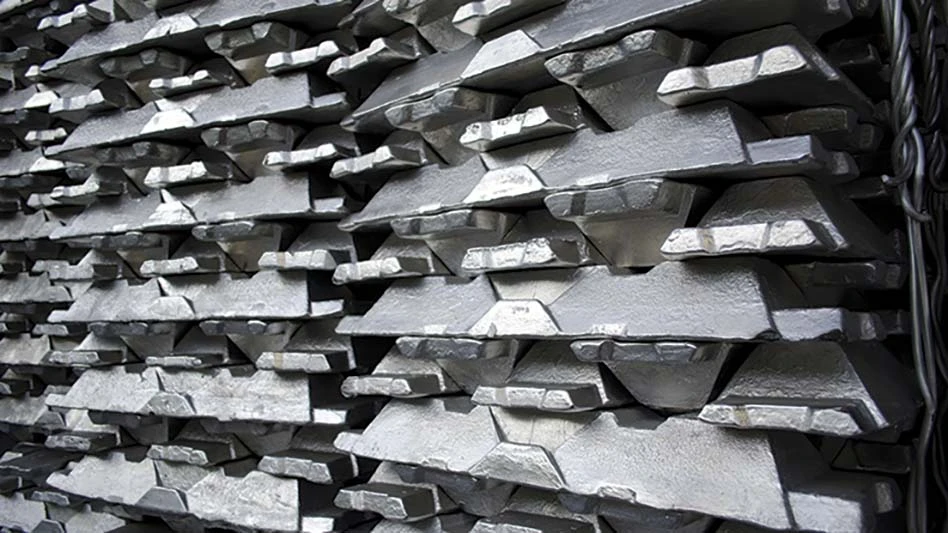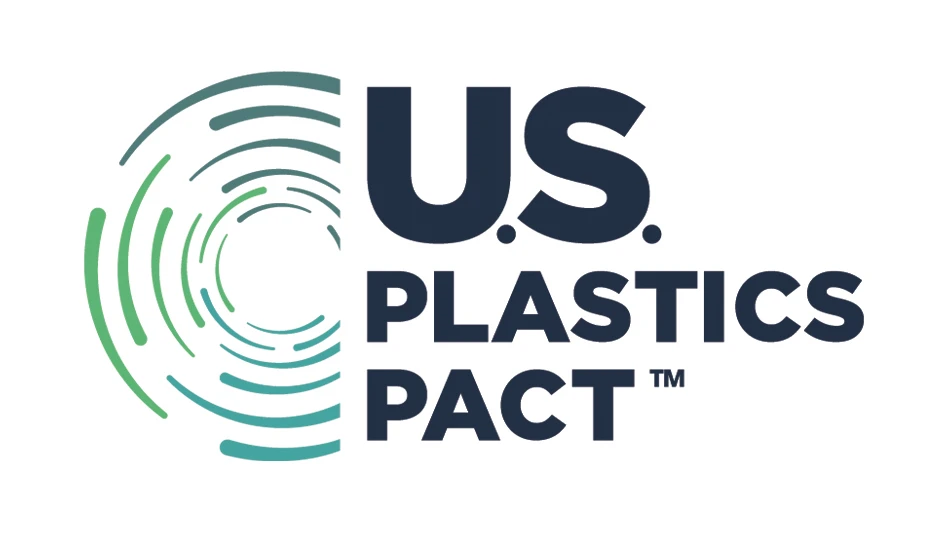Recyclers can, understandably, choose to see area residents who voice misgivings or opposition to their new business locations as adversaries. One solid waste and recycling company in central Texas has tried a new approach.
In preparation for establishing a landfill/composting site in rural Austin, Texas, Disposal Systems Inc. (TDS) went to impressive lengths to prove its corporate neighborliness. The company says it did so by being up-front with everyone involved, by being open to residents’ suggestions and by acknowledging that the company’s actions can, in fact, affect those in the area.
To ensure that any impact would be minimal at best, the company situated its disposal and composting areas on a massive 1,200-acre site. The fact that the company dedicated 70 percent of that acreage to a buffer zone is commendable; how they chose to do so—incorporating into it a ranch, an entertainment pavilion, a skeet shooting range and a wild game preserve—speaks volumes about both TDS’ approach to business and its public relations savvy.
Bob and Jim Gregory founded TDS in 1977 and have taken it from its modest beginnings to one of the state’s largest waste collection, treatment and disposal companies. Today, TDS has four composting sites, employs more than 20 people and, through its composting operations, also successfully markets a full line of topsoil products.
As part of that composting effort, TDS takes in a broad range of material from a 100-mile radius around Austin. According to Jim Doersam, P.E., the firm’s director of operations for Texas Organic Products, the production end of the composting business, that feedstock can literally be almost anything "that once lived."
That range of materials includes "land clearing debris, cardboard from commercial customers, food processing waste and rinds from companies that pre-slice and pre-package fruits and vegetables," says Doersam.
In terms of processing, Doersam says, "Any of the material that is not liquid in nature is first run through a Morbark Model 1300 tub grinder we have on site. This grinder and two additional Morbark units we have at our other sites are key components in our day-to-day operations."
|
Working Through Inventory |
|
The materials grinding operation at Texas Disposal Services (TDS), Austin, Texas, has been in place since 1992, when the company purchased a Model 1200 tub grinder from Morbark Inc., Winn, Mich., for grinding tree and brush waste diverted from landfill disposal. At that time, the composting facet of the operation consisted of grinding the wood and green waste, letting it sit and waiting for it to produce a saleable product. That continued for about five years until 1997, when TDS decided to enter the composting realm in earnest. "Even though the Model 1300 is the workhorse of Morbark’s tub grinder line, the 1200 is a machine that they should be really proud of," says TDS Director of Operations Jim Doersam. "We ran that unit from 1992 through 2000 when we purchased our first Model 1300, and even at that point the grinder was still performing well. We gave it a total overhaul in 2000 and sent it to the city of Austin’s Hornsby Bend Compost Facility, where it is still grinding today." In fact, adds Doersam, TDS’ decision to purchase first one and then another Model 1300 was solely based on the steady, reliable performance they got from the 1200. "In much the same way as Southwest Airlines relies exclusively on Boeing 737s, we feel a level of confidence with Morbark for our grinding equipment," he says. |
When TDS selected a site for its landfill and composting operations, it picked the 1,200-acre Creedmore Ranch to minimize the effect the operation would have on nearby residents.
The Gregory Brothers knew that their company would be under intense scrutiny, so they went to great lengths to ensure that debris from the landfill and odor from the composting operation would not be a problem. Equally aware of aesthetics, they avoided surrounding the area with a chain link fence which they felt would make the site appear prison-like, opting instead for a game fence, a barrier with smaller holes in it designed to keep predators away from the wild game.
With that fence in place, TDS made the next logical move: It stocked the area with exotic game. Doing so was a stroke of genius: The exotic game ranch has proven extremely popular with everyone who visits the site, says Doersam.
"The neighbors from the immediate area love it, and we get visitors from out of town who make it a point to schedule site tours," he says. "The current park population is around 1,600 animals of 30 different species from Africa, Asia Minor, Australia, England, Israel, India, Middle East, New Zealand and Pakistan—as well as some from right here in Texas. These include: bison, longhorn cattle, emu, impala, zebra, ostrich, wildebeest, gazelle, antelope and more."
Because one of the downsides to most any composting operation can be its odor, TDS chose to confront that problem head on as well. An aggressive turning and maintenance program designed to control every facet of the composting process keeps odors to a minimum.
Says Doersam, "To prove how committed we are to making odor a non-issue, we built a world-class pavilion and conference facility immediately downwind from the landfill and compost operations. Essentially, we made that part of our marketing strategy: When we are entertaining, we point out to our guests that there is no odor. People are genuinely impressed that the compost site is that close, yet one would never know it."
TDS’ pavilion and conference center is busy on a regular basis, playing host to fundraisers, civic gatherings and educational activities. On average, more than 8,000 people use the facility each year.
The Gregory Brothers’ single-truck hauling business has expanded to a four-site operation, but further growth is possible. "We are constantly looking for ways to improve as well as ways to expand our scope of operation," says Doersam.
He continues, "Though we maintain an aggressive grinding schedule at all our sites, we have also undertaken a certain amount of contract grinding to keep the machines’ idle time to a minimum. In this area, grinding is an extremely competitive business but, like every facet of our operation, if we see a benefit to be derived from it, and it will ultimately make us a better company, we will make it happen."
This story was submitted by the author on behalf of Morbark Inc., Winn, Mich.

Explore the October 2004 Issue
Check out more from this issue and find your next story to read.
Latest from Recycling Today
- PCA reports profitable Q1
- British Steel mill subject of UK government intervention
- NRC seeks speakers for October event
- LME identifies Hong Kong warehouses
- Greenville, Mississippi, launches aluminum can recycling program
- Cotton Lives On kicks off 2025 recycling activities
- Georgia-Pacific names president of corrugated business
- Sev.en Global Investments completes acquisitions of Celsa Steel UK, Celsa Nordic





